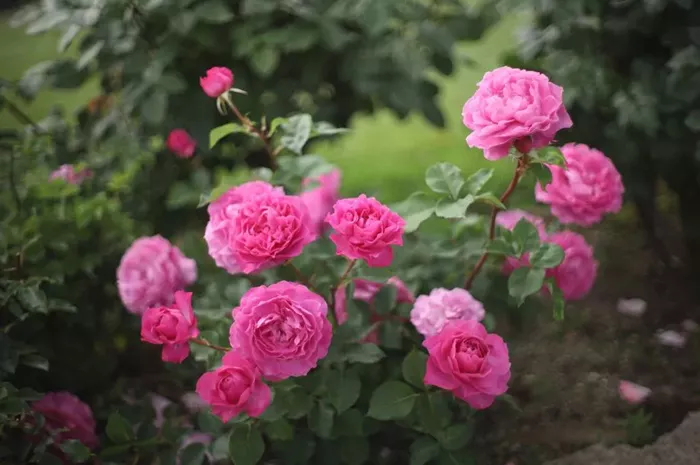With temperatures soaring, many avid gardeners are enjoying the sight of their flowers in full bloom. The right fertilizer can significantly enhance the abundance and longevity of these blossoms. According to gardening expert Carol, founder of The Gardening Cook, one of the best natural fertilizers for summer flowers is coffee grounds.
Carol revealed that coffee grounds are an excellent source of nitrogen, a crucial element for flower growth. They also contain trace amounts of other essential nutrients like potassium, phosphorus, and magnesium, which contribute to overall plant health. “Don’t throw out those used coffee grounds. There are lots of ways to put them to use in your garden,” Carol advised. “Certain plants, such as hydrangeas, camellias, and roses, thrive when fed with coffee grounds.”
Coffee grounds not only provide a nutrient boost but also improve soil quality by promoting aeration and water retention. This is particularly important during the summer months when droughts and extreme heat can stress plants, as reported by the Express.
How to Use Coffee Grounds in the Garden
To use coffee grounds effectively, apply them to the soil around the base of plants and water the area generously to help the grounds mix into the soil. Carol recommends feeding flowers coffee grounds every four to six weeks to avoid an excess of nitrogen, which can create a nutrient imbalance.
Coffee grounds can also be combined with other food scraps, such as banana peels and eggshells, to create a nutrient-rich mixture. “Old coffee grounds combined with eggshells make a great compost tea when mixed with rainwater. It can be used to fertilize your plants,” Carol explained.
Pest Control Benefits
In addition to their fertilizing properties, coffee grounds can serve as a natural pesticide. They are known to deter slugs, snails, ants, and mosquitoes by overwhelming their senses and making them feel threatened. To protect your flowers and crops from pests, sprinkle coffee grounds near garden entrances, around flowerbeds, and vegetable patches.
Carol suggested targeting plants that are particularly susceptible to pests, such as hostas, broccoli, and Brussels sprouts. “Coffee grounds are the perfect organic DIY snail deterrents,” she said.
By using coffee grounds in the garden, gardeners can enjoy healthier plants, prolonged blooming periods, and reduced reliance on chemical fertilizers. It’s a cost-effective and environmentally friendly way to enhance summer blooms.


